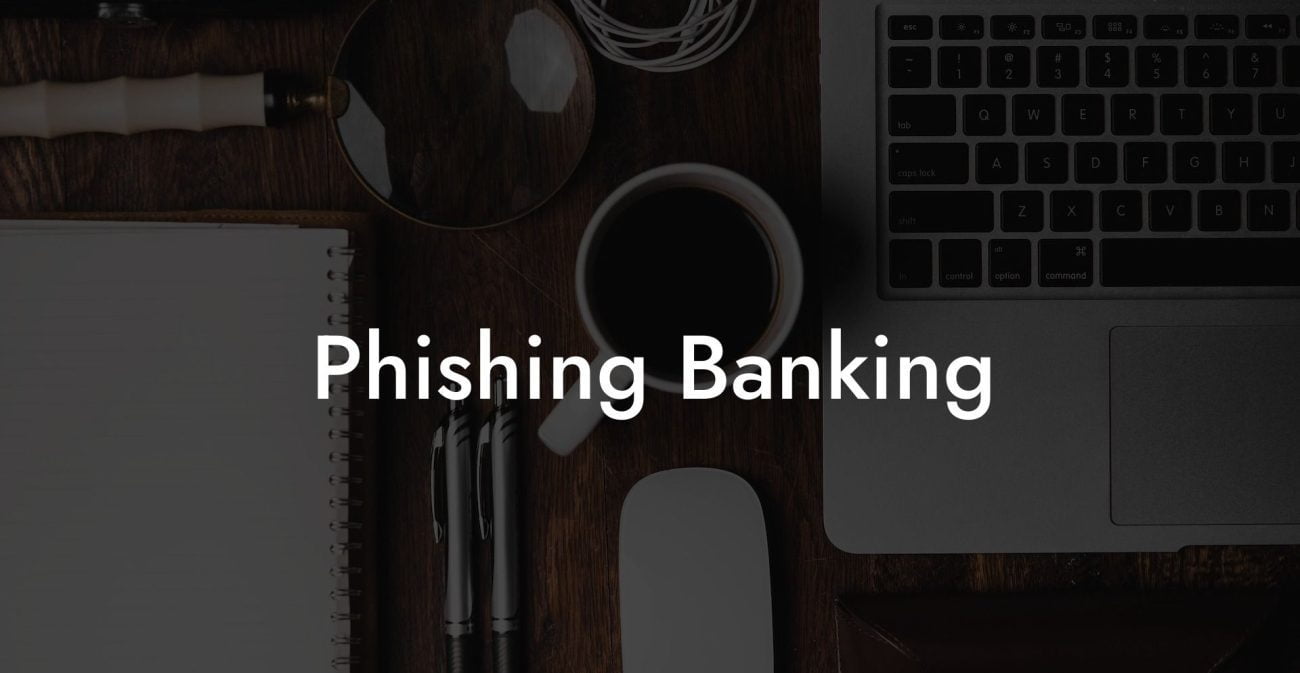With the rapid advancement of technology, our lives have been transformed, connecting us in ways we never thought possible. However, this constant connection comes with its own set of problems. One of the dark sides of technology is the increased potential for fraud and scams, such as Voice Phishing - or 'Vishing.' In this post, we will explore one of the most prevalent types, Cell Phone Phishing, how it works, and most importantly, how to protect yourself from falling victim to these scams.
Cell Phone Phishing Table of Contents
What is Cell Phone Phishing?
Cell Phone Phishing is a type of voice phishing where scammers and cybercriminals try to obtain your personal or financial information over the phone. Often, these criminals will pose as representatives from reputable organizations like banks, insurance companies, or even government agencies. They will then trick you into disclosing sensitive information such as account numbers, passwords, or other identifying information that they can then use to commit fraud, identity theft, or gain unauthorized access to your accounts.
How do scammers commit Cell Phone Phishing?
Protect Your Data Today With a Secure Password Manager. Our Top Password Managers:
There are numerous methods that scammers employ to carry out Cell Phone Phishing. Some of the most common tactics include:
1. Call Spoofing: Scammers utilize technology to manipulate the Caller ID system, making it appear as if the call is coming from a trustworthy or recognizable organization.
2. Social Engineering: They will often use psychological manipulation techniques to gain your trust, exploiting the human tendency to comply with authority figures or respond to urgent situations.
3. Robocalls: By using automated calling systems, scammers can quickly and efficiently make numerous phone calls, casting a wide net to reach as many potential victims as possible.
Cell Phone Phishing Example
Imagine receiving a phone call from your bank's customer service department. The Caller ID on your phone displays your bank's name, and the voice on the other end introduces themselves as a representative. They inform you that due to recent suspicious activity on your account, some transactions have been flagged, and your account has been frozen for your security. They reassure you that they just need to verify your information to ensure that the activity is legitimate and unlock your account. The problem is, it's not really your bank; it's a scam.
This scenario is a classic example of Cell Phone Phishing, where the scammer uses call spoofing and social engineering to convince you to give up your personal and financial information.
How to Protect Yourself
So, how can you safeguard yourself from falling prey to these scams? Here are some essential tips to follow:
1. Be skeptical of unsolicited phone calls. If there are doubts about the caller's legitimacy, hang up and call back using the company's official phone number.
2. Avoid providing sensitive information over the phone unless you initiated the call or can confirm the legitimacy of the caller.
3. Keep up-to-date with the latest phishing tactics and trends. Knowledge is power, and staying informed can help you stay ahead of scammers.
4. Consider implementing security measures such as two-factor authentication for your accounts, where possible.
5. Report any suspected phishing attempts to relevant authorities or your service providers, helping create awareness and tackle this issue as a community.
While technology has made our lives more convenient, it has also opened up new ways for scammers to exploit the unsuspecting. By educating yourself on the ever-growing threat of Cell Phone Phishing, you can better protect your personal and financial information from falling into the wrong hands. If you found this article enlightening, we encourage you to share it with your friends, family, and colleagues. We also invite you to explore our other articles, diving deeper into the world of phishing and different methods to stay safe in the digital age.
Protect Your Data Today With a Secure Password Manager. Our Top Password Managers:















